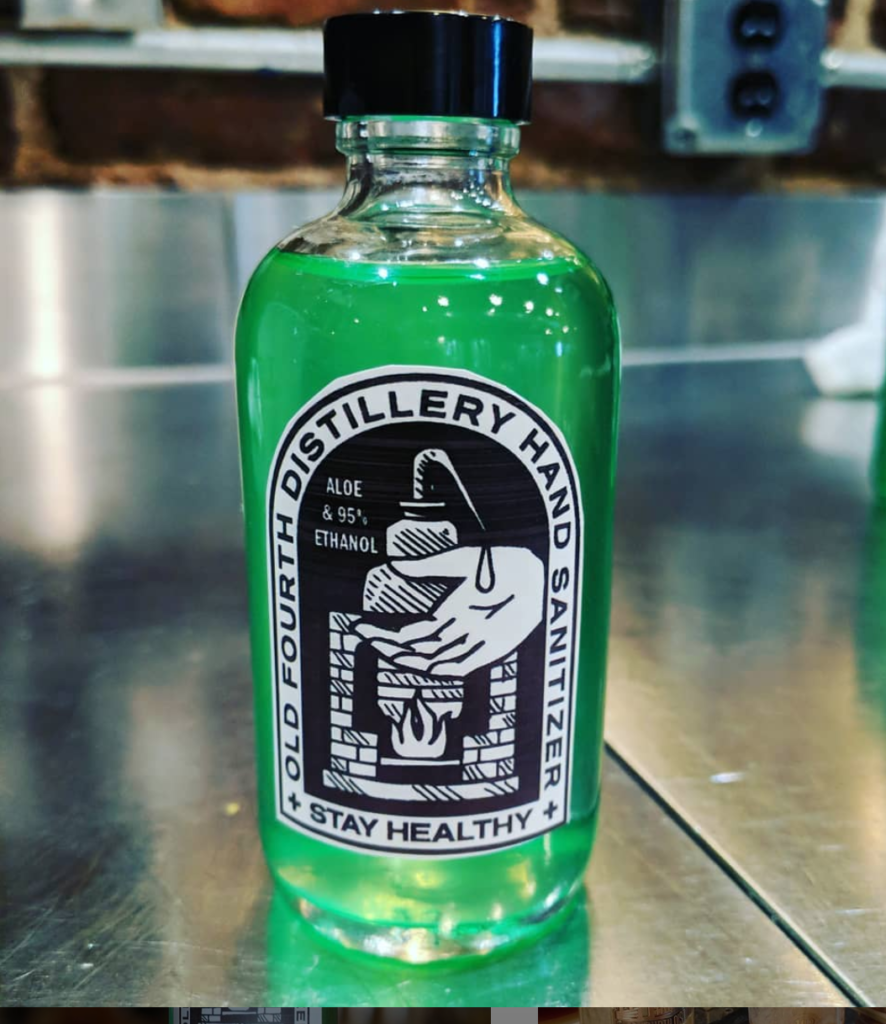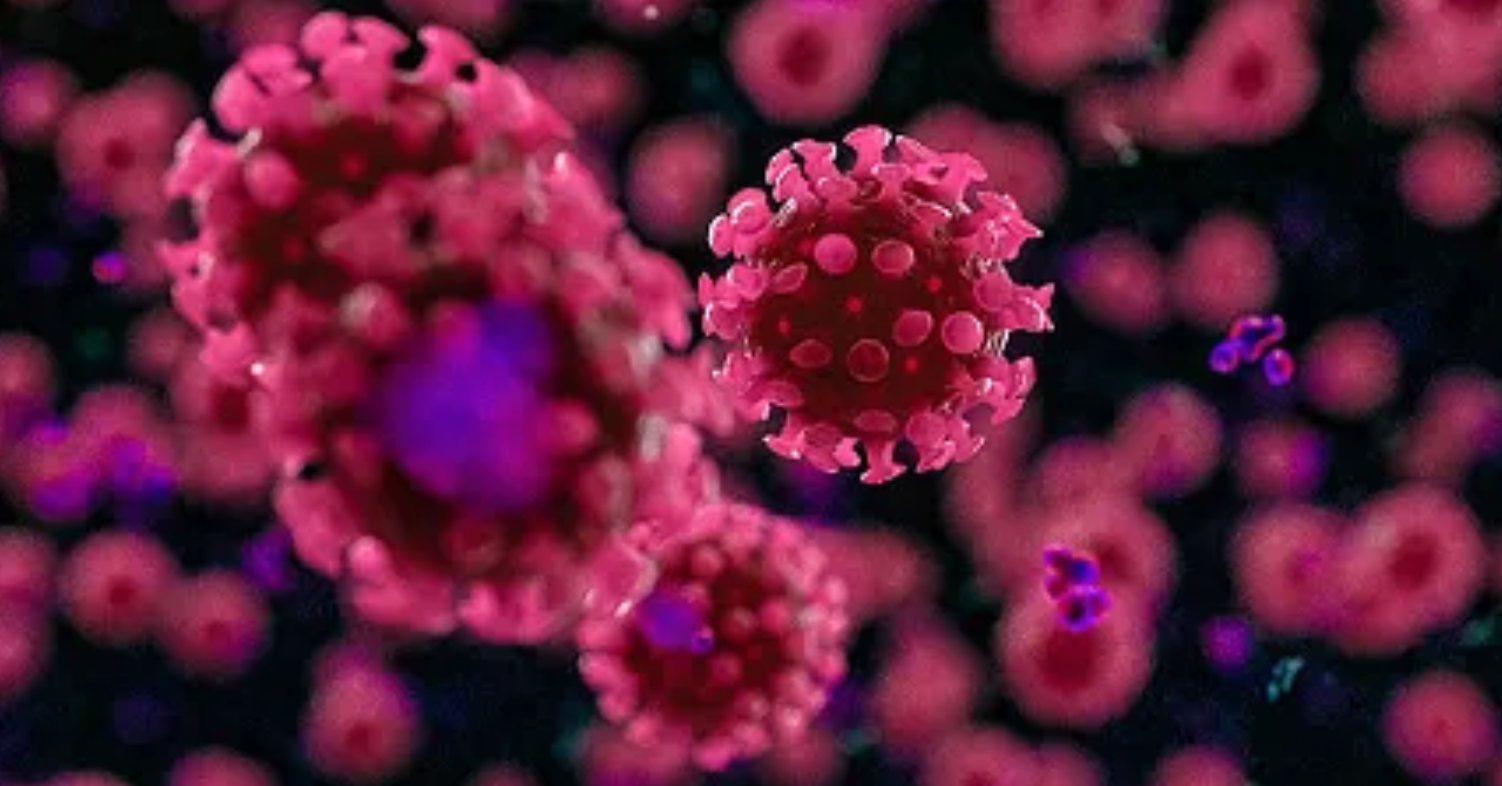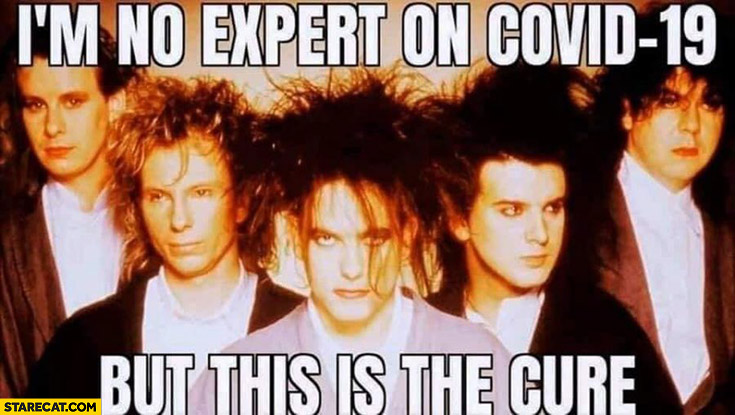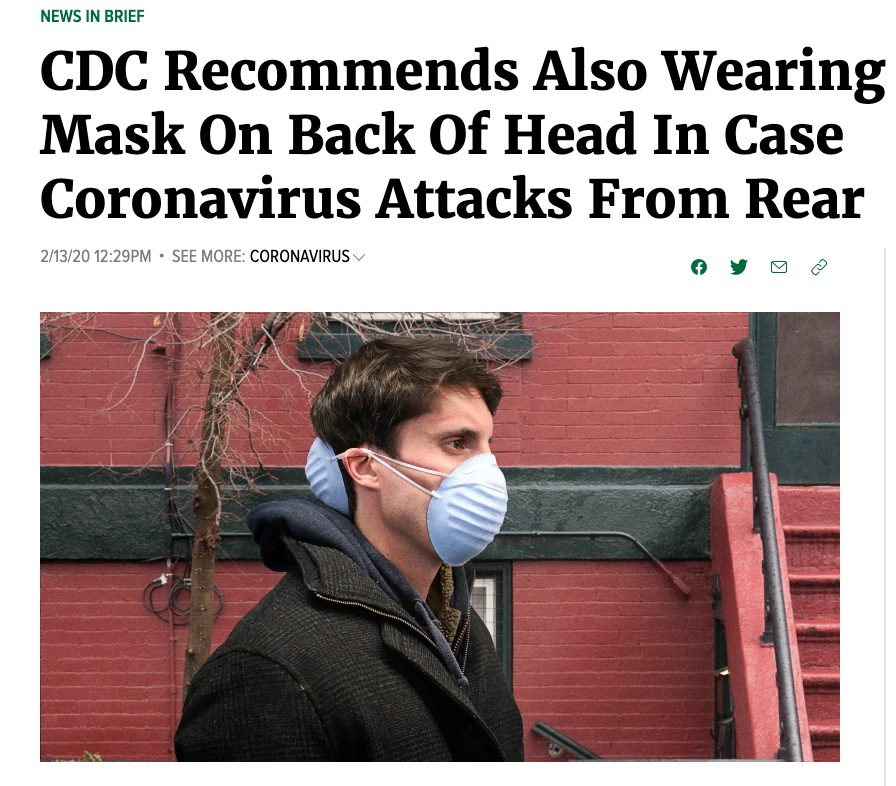The war footing we’re on with COVID-19 remains serious and will be for some time to come. We can’t let our guard down or return our lives to normal — whatever that was — for the time being.
But we can put the future into a better perspective. As harsh as life seems right now, there are myriad examples of humanity doing the right things and seeing measurable progress. Here are five of them.
Mood Music:
The First US Vaccine Test Has Happened
The first person in the US was injected with an experimental coronavirus vaccine Monday, leading the American charge in a global hunt for protection.
Antibodies from Recovered Patients Could Protect People at Risk
With a vaccine for COVID-19 still a long way from being realized, a Johns Hopkins immunologist is working to revive a century-old blood-derived treatment for use in the United States in hopes of slowing the spread of the disease. The treatment could be set up at Johns Hopkins University in Baltimore within weeks.
SK Reports More Recoveries Than Coronavirus for First Time
South Korea reported more recoveries from the coronavirus than new infections on Friday for the first time since its outbreak emerged in January. The downward trend in daily cases raises hopes that Asia’s biggest epidemic center outside China may be slowing.
Uber Eats Waives Delivery Fees for 100,000 Restaurants
One of many, many examples of private enterprise stepping in to help everyone stay afloat — with full bellies.
Booze Makers Are Using Their Talents to Make Free Hand Sanitizer
Distilleries across America are stepping up to mitigate the shortage of hand sanitizer by making their own and giving it away. Another example of the best humanity has to offer.

Hang in there, folks. The helpers are out in full force.






